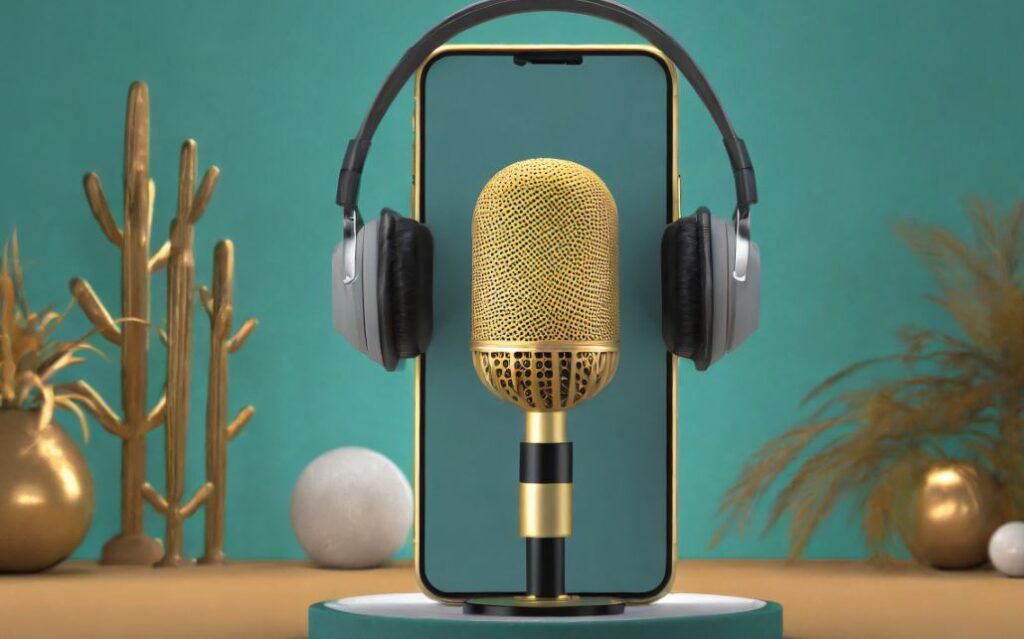Ride the Streets: Essential Tips for Beginner Skateboarders
Start your skateboarding journey with confidence using these essential tips. Invest in a quality skateboard with suitable deck size and trucks. Learn the basic stance and balance on the board. Practice pushing and riding on flat surfaces to build confidence. Master the art of turning and stopping before attempting tricks. Wear proper safety gear, including a helmet, knee pads, and elbow pads. Start with basic tricks like ollies and kickturns and progress gradually. Find a supportive skate community or skatepark to learn and share experiences. Embrace falls as part of the learning process, and most importantly, have fun on your skateboard!

Choose the Right Skateboard:
Start by choosing the right skateboard for your style and preferences. Consider the deck size, wheel hardness, and trucks to ensure a comfortable and stable ride.
- Start by choosing the right skateboard for your style and preferences.
- Consider the deck size, wheel hardness, and trucks to ensure a comfortable and stable ride.
- Visit a local skate shop for guidance and assistance in selecting the appropriate skateboard for your needs.
Learn Proper Foot Placement:
Understand proper foot placement on the skateboard. Place your front foot over the bolts, and position your back foot on the tail or just below the bolts, depending on your comfort.
- Understand proper foot placement on the skateboard.
- Place your front foot over the bolts, and position your back foot on the tail or just below the bolts, depending on your comfort.
- Experiment with different foot positions to find what feels most natural for you.
Practice Balancing:
Practice balancing on the skateboard by standing still and getting comfortable with the feel of the board under your feet. This foundational skill is crucial for all skateboarding maneuvers.
- Practice balancing on the skateboard by standing still and getting comfortable with the feel of the board under your feet.
- This foundational skill is crucial for all skateboarding maneuvers.
- Practice shifting your weight from heel to toe to improve balance.
Learn to Push and Brake:
Learn to push with your back foot and use your front foot to steer. Practice braking by dragging your back foot on the ground gently. These skills are fundamental for basic skateboarding mobility.
- Learn to push with your back foot and use your front foot to steer.
- Practice braking by dragging your back foot on the ground gently.
- Mastering these skills is fundamental for basic skateboarding mobility.
Start with Basic Maneuvers:
Begin with basic maneuvers such as turning, carving, and riding fakie. These movements help you get comfortable on the skateboard and build confidence before attempting tricks.
- Begin with basic maneuvers such as turning, carving, and riding fakie.
- These movements help you get comfortable on the skateboard and build confidence before attempting tricks.
- Practice these basics in an open and safe area.
Master the Ollie:
Master the ollie, the foundational trick for many other skateboard maneuvers. Practice popping the tail, sliding your front foot, and leveling the board in the air.
- Master the ollie, the foundational trick for many other skateboard maneuvers.
- Practice popping the tail, sliding your front foot, and leveling the board in the air.
- Start by practicing stationary ollies and gradually progress to moving ollies.
Use Protective Gear:
Always use protective gear including a helmet, knee pads, and elbow pads. Safety gear is crucial, especially when learning new tricks or attempting more advanced maneuvers.
- Always use protective gear including a helmet, knee pads, and elbow pads.
- Safety gear is crucial, especially when learning new tricks or attempting more advanced maneuvers.
- Invest in quality gear to ensure optimal protection.
Practice Consistently:
Practice consistently to improve your skateboarding skills. Dedicate regular time to skateboarding, whether it’s practicing basics or learning new tricks.
- Practice consistently to improve your skateboarding skills.
- Dedicate regular time to skateboarding, whether it’s practicing basics or learning new tricks.
- Set achievable goals and track your progress over time.
Learn from Experienced Skateboarders:
Learn from experienced skateboarders by watching tutorials, attending skateboarding events, and seeking advice. Observing and interacting with experienced skaters can provide valuable insights.
- Learn from experienced skateboarders by watching tutorials, attending skateboarding events, and seeking advice.
- Observing and interacting with experienced skaters can provide valuable insights into technique and style.
- Join local skate communities to connect with other skateboarders and share experiences.
Stay Patient and Have Fun:
Stay patient and remember to have fun while learning to skateboard. Progress takes time, and enjoying the process is essential for a fulfilling skateboarding experience.
- Stay patient and remember to have fun while learning to skateboard.
- Progress takes time, and enjoying the process is essential for a fulfilling skateboarding experience.
- Celebrate small achievements and milestones along the way.
Advantages of Following Skateboarding Tips:
- Enhanced riding skills and confidence through consistent practice.
- Improved safety with proper protective gear and equipment.
- Maximized comfort and control with a suitable skateboard setup.
- Reduced risk of injuries through gradual progression in tricks.
- Promotion of a positive and enjoyable skateboarding experience.
Disadvantages of Ignoring Skateboarding Tips:
- Increased risk of accidents and injuries without proper gear and skills.
- Challenges in mastering basic skateboard maneuvers and tricks.
- Reduced comfort and control with an unsuitable skateboard setup.
- Higher likelihood of accidents due to attempting advanced tricks too soon.
- Potential negative impact on overall skateboarding confidence and experience.
Things to Avoid for Successful Skateboarding:
Avoid skating without proper safety gear, especially a helmet. Minimize attempting advanced tricks before mastering the basics. Refrain from neglecting regular skateboard maintenance checks. Avoid pushing yourself too hard; progress at your own pace. Stay clear of obstacles and crowded areas when practicing tricks. Consult with experienced skateboarders for specific questions or concerns.







